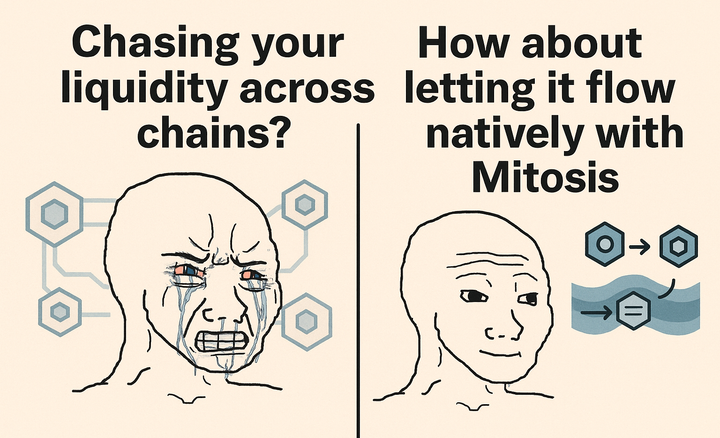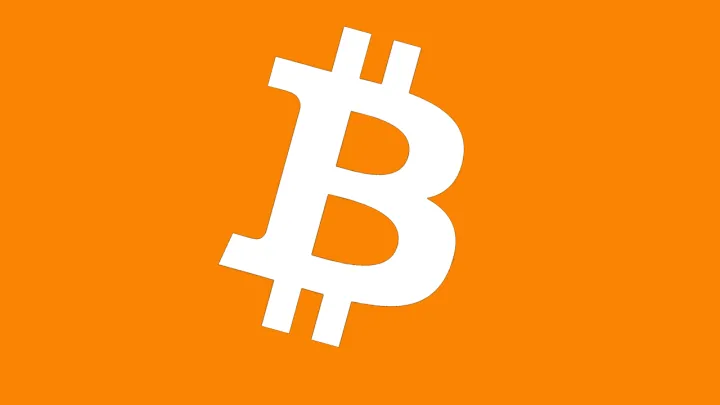Intent-Centric Liquidity: How Mitosis Unlocks Cross-Chain Composability via the Nexus zkVM

Introduction
The crypto stack has long struggled to align user intent with cross-chain execution. Bridges and wrappers attempt to patch over the gaps, but introduce complexity, risk, and fragmentation.
Mitosis, through its Nexus zkVM, delivers a radically different model: verifiable, intent-based execution across ecosystems — secured by zk-proofs and powered by native liquidity.
The Problem with Cross-Chain Logic
Most current multichain operations rely on:
- Third-party bridges or relayers
- Wrapped asset derivatives
- Sequential execution models
This results in:
- Higher latency
- Attack surfaces via custodial bridges
- Fragile UX (manual steps, re-approval)
Mitosis addresses this by embedding intent-aware execution directly into its chain architecture.
What Is the Nexus zkVM?
The Nexus zkVM is a zero-knowledge virtual machine optimized for verifying user-defined intents across multiple chains.
Users define what they want to happen (e.g., “swap USDC → wBTC on chain A, lend on chain B”), and Nexus:
- Proves the logic is valid via zkSNARKs
- Executes atomic transactions via cross-chain vaults
- Guarantees state consistency without relayer trust assumptions
This aligns execution with true composability — and enables liquidity to flow based on user goals, not asset location.
Intent → Proof → Cross-Chain Execution

Why This Changes the Game
Mitosis + Nexus zkVM transform how multichain DeFi works:
| Problem | Mitosis Solution |
|---|---|
| Manual bridging | Intent-level abstraction |
| Fragmented liquidity | Unified vault layer |
| Custodial relayers | zk-verified logic |
| High gas, low UX | Batched execution via zkVM |
This positions Mitosis not just as a liquidity hub, but as a coordination engine for multichain DeFi.
Use Case: Intent-Batching for Yield Strategy
- User submits: “Swap 20% ETH to USDC → Lend in Morpho → Stake rewards in EigenLayer”
- Nexus zkVM generates proof
- Mitosis Vaults execute across chains
- All handled under one transaction intent, no bridging, no wrap tokens



Comments ()